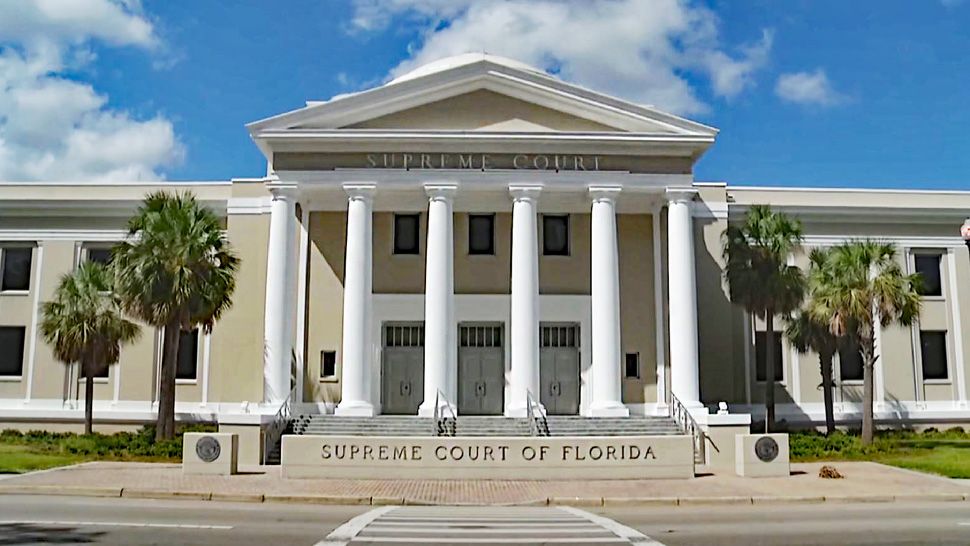TALLAHASSEE, Fla. — The Florida Supreme Court in an advisory opinion Thursday ruled that felons must pay all fines, restitution, costs and fees before they can be eligible to vote.
- Advisory opinion requested by DeSantis
- Justices: Fines, fees are part of sentence
- Federal judge ruled against Florida; case under appeal
- READ: Florida Supreme Court's Advisory Opinion
- FLORIDA GOVERNMENT GUIDE: Find your representatives, learn for Florida's government works, get news
The issue stems from Amendment 4, the 2018 ballot initiative voters approved that grants voting rights restoration to nonviolent felons who complete their sentences.
The Florida Legislature and Gov. DeSantis last year passed a law that would include those fees as part of that process. Amendment 4 advocates, however, say those fees were not considered part of a sentence at the time they drafted the amendment.
“The answer to the Governor’s question largely turns on whether ‘all terms of sentence’ encompasses all obligations or only durational periods," the court wrote. “We conclude that the phrase, when read and understood in context, plainly refers to obligations and includes ‘all’ — not some — LFOs imposed in conjunction with an adjudication of guilt.”
Gov. DeSantis asked the justices for an opinion on the issue.
The Florida Supreme Court in turn issued an advisory opinion, saying that the fees and other costs are part of all terms of a sentence.
This is not the final word on the issue.
A federal court in October ruled that Florida's officials would be imposing an unconstitutional poll tax if they required felons to pay fines and other fees before being allowed to vote, particularly those who can't afford to pay those fines and fees.
The state is appealing that federal ruling, but the law is on hold while the lawsuit works its way through the courts. The advisory opinion will likely be used by the state to argue in favor of the law.
The Florida Rights Restoration Coalition, which championed Amendment 4, said it is working with state lawmakers and judicial circuits to find ways for people to complete those financial obligations in the meantime.
"We remain committed to operating under the letter of the law, and look forward to getting as many people back into our democracy as possible," wrote Desmond Meade, the FRRC's executive director.
In a subsequent tweet, the FRRC said it helped over 200 people so far to clear final obstacles to voting, including paying off those fees.



